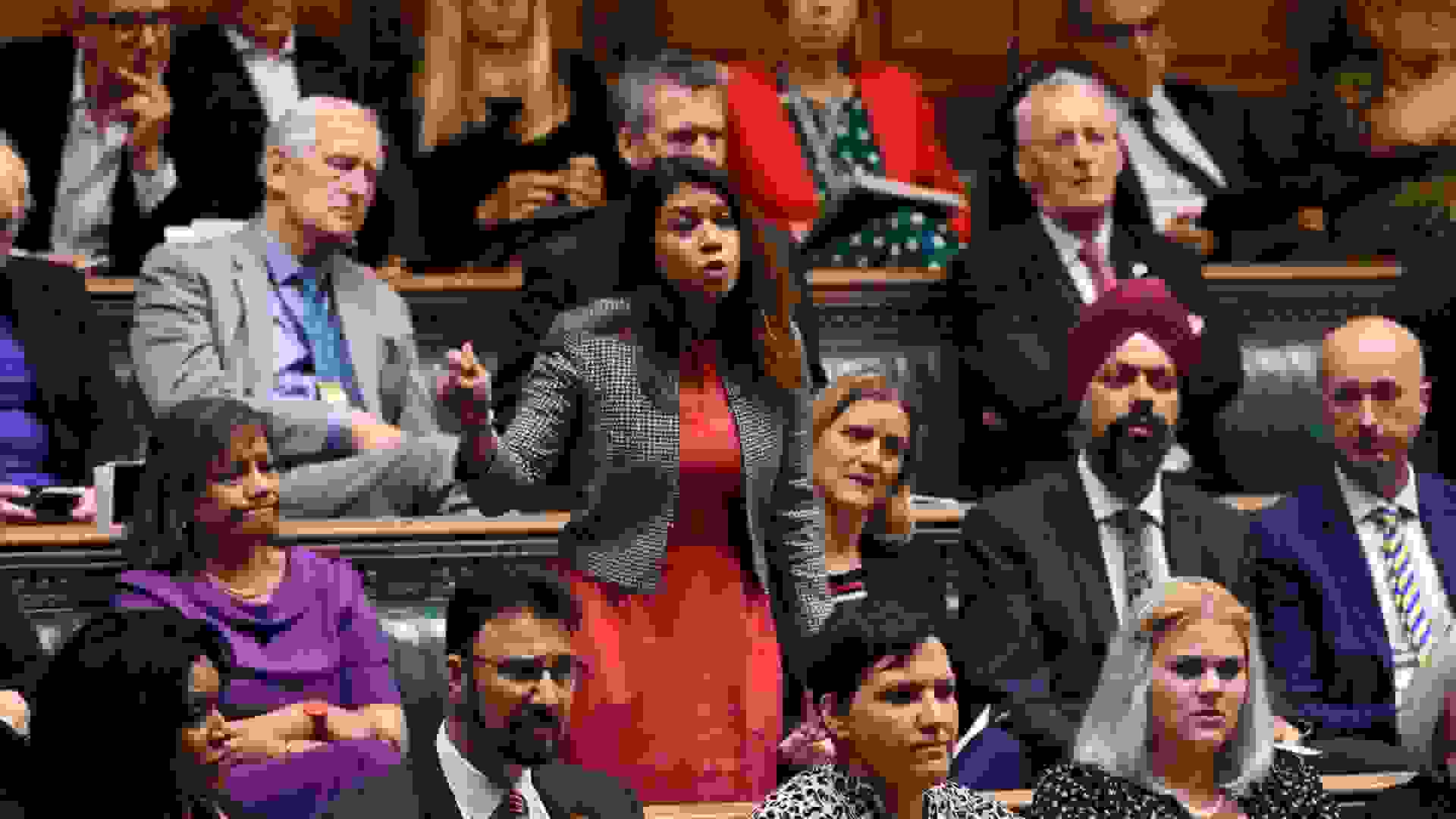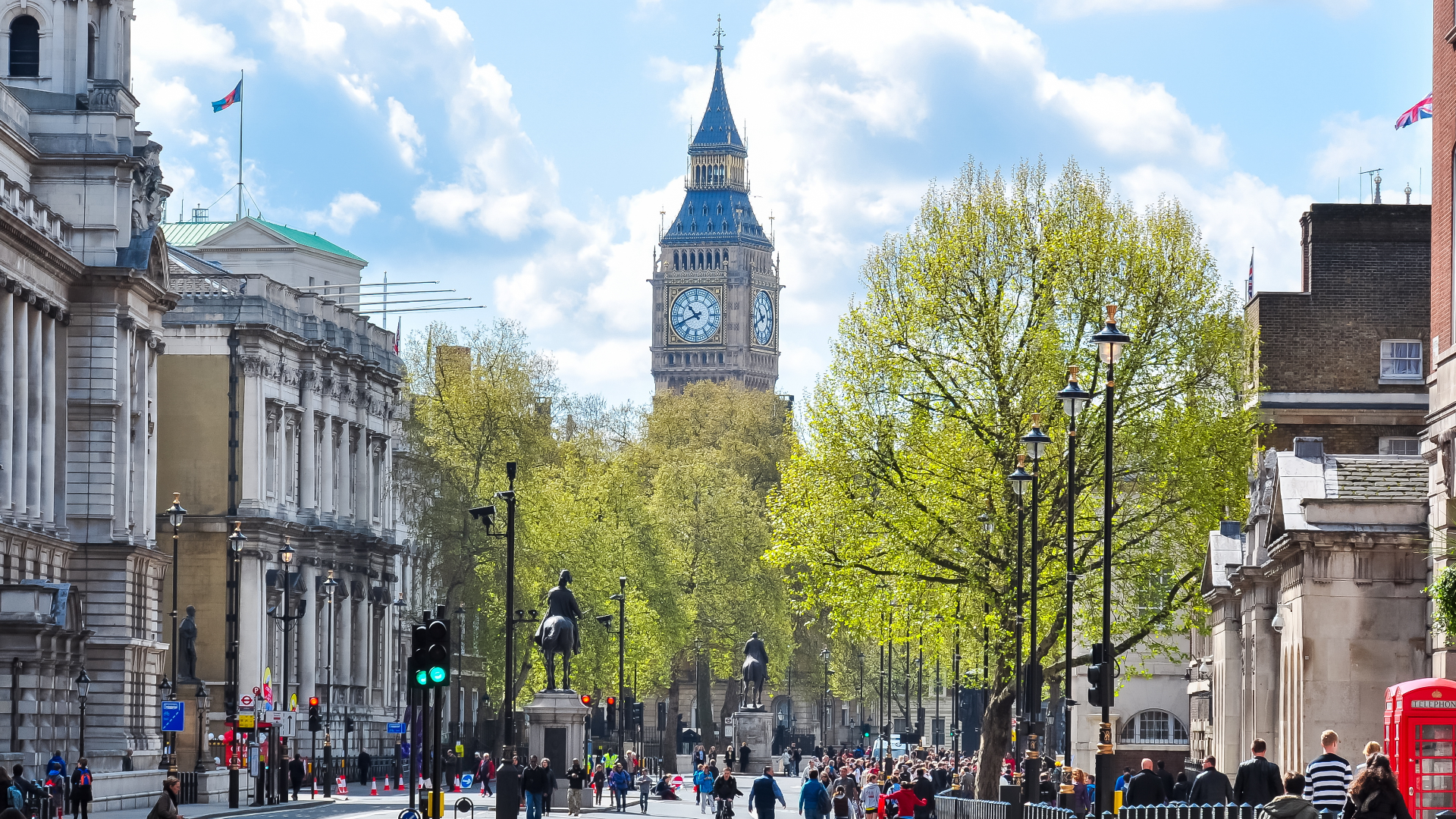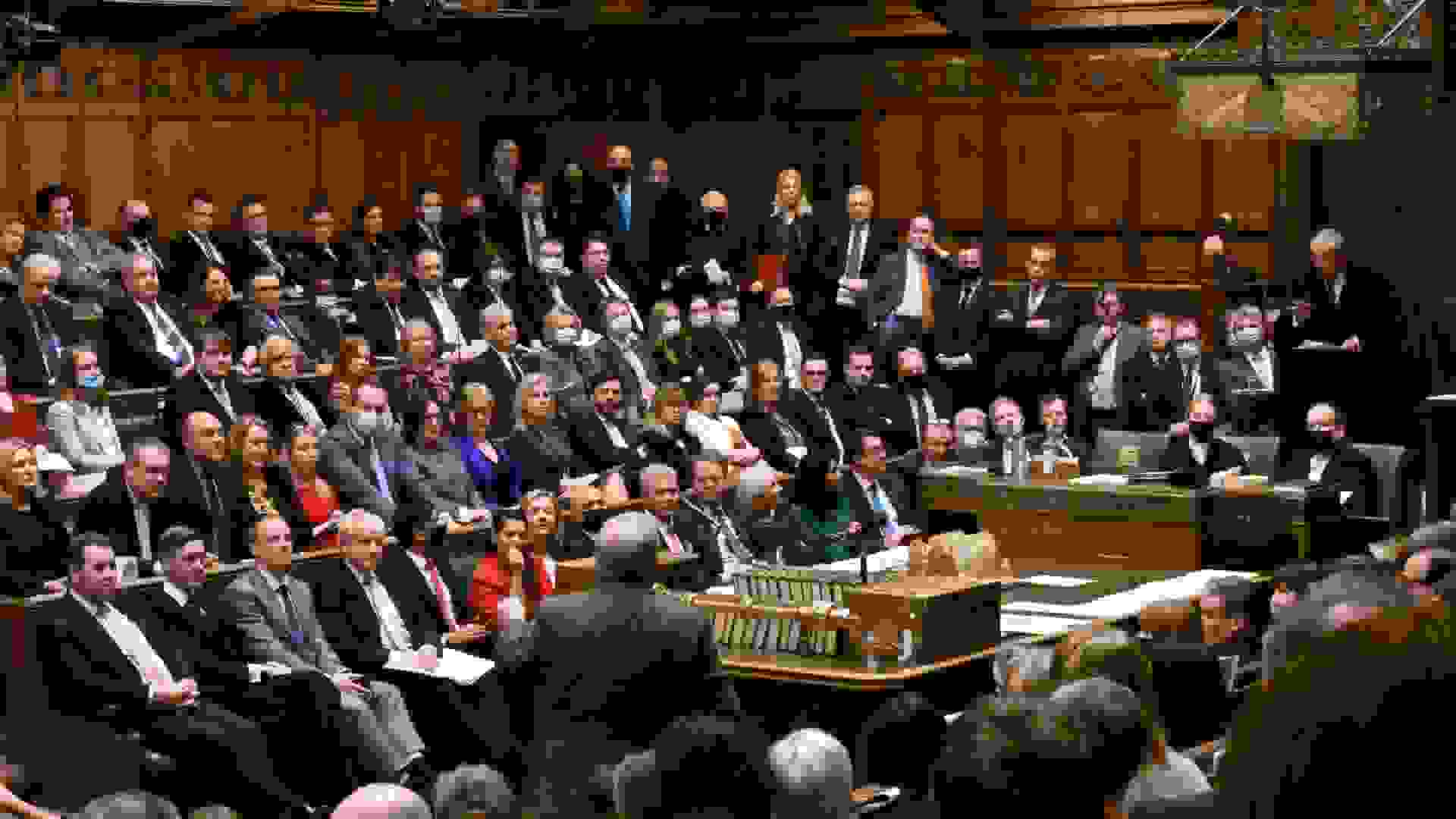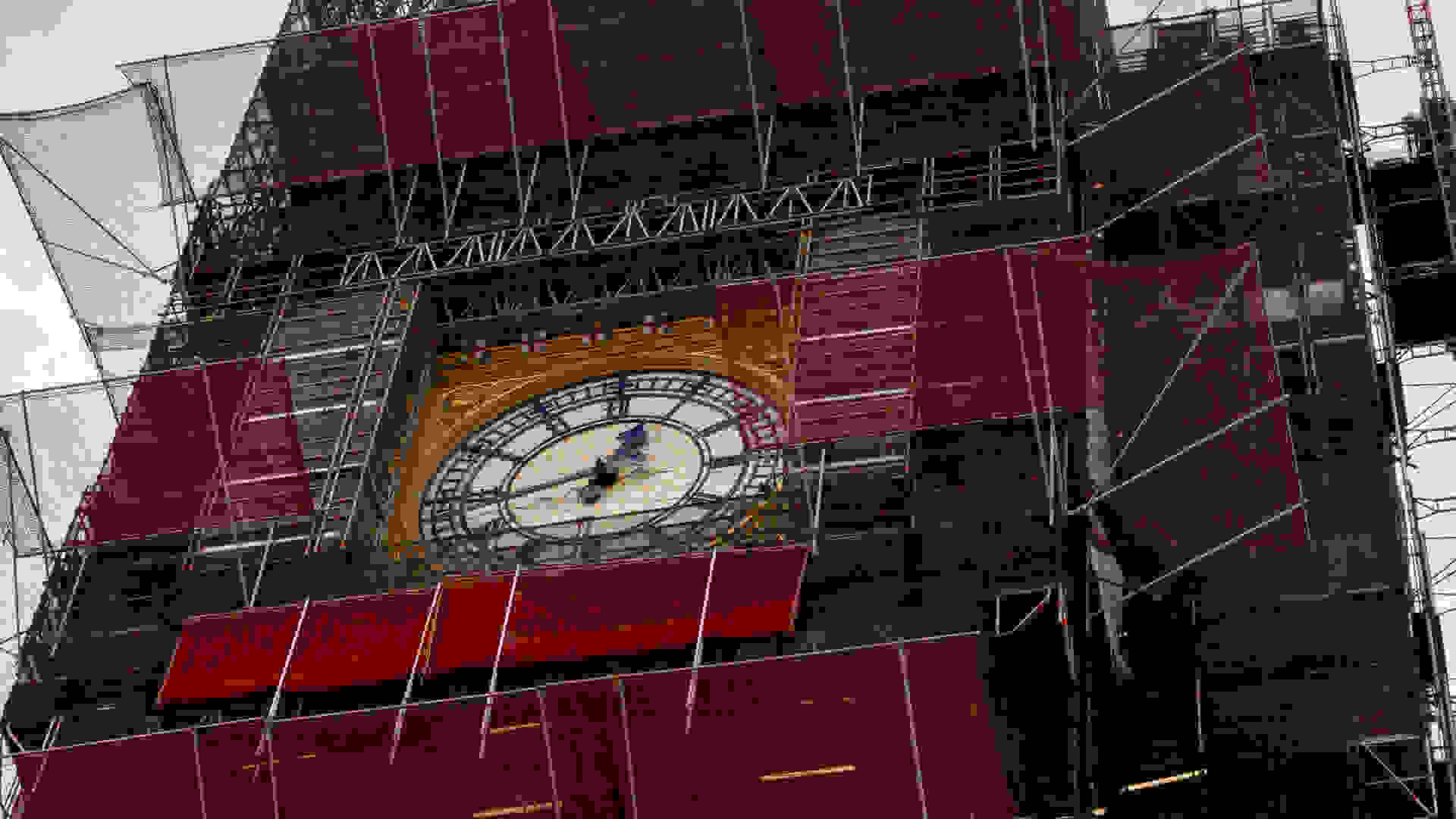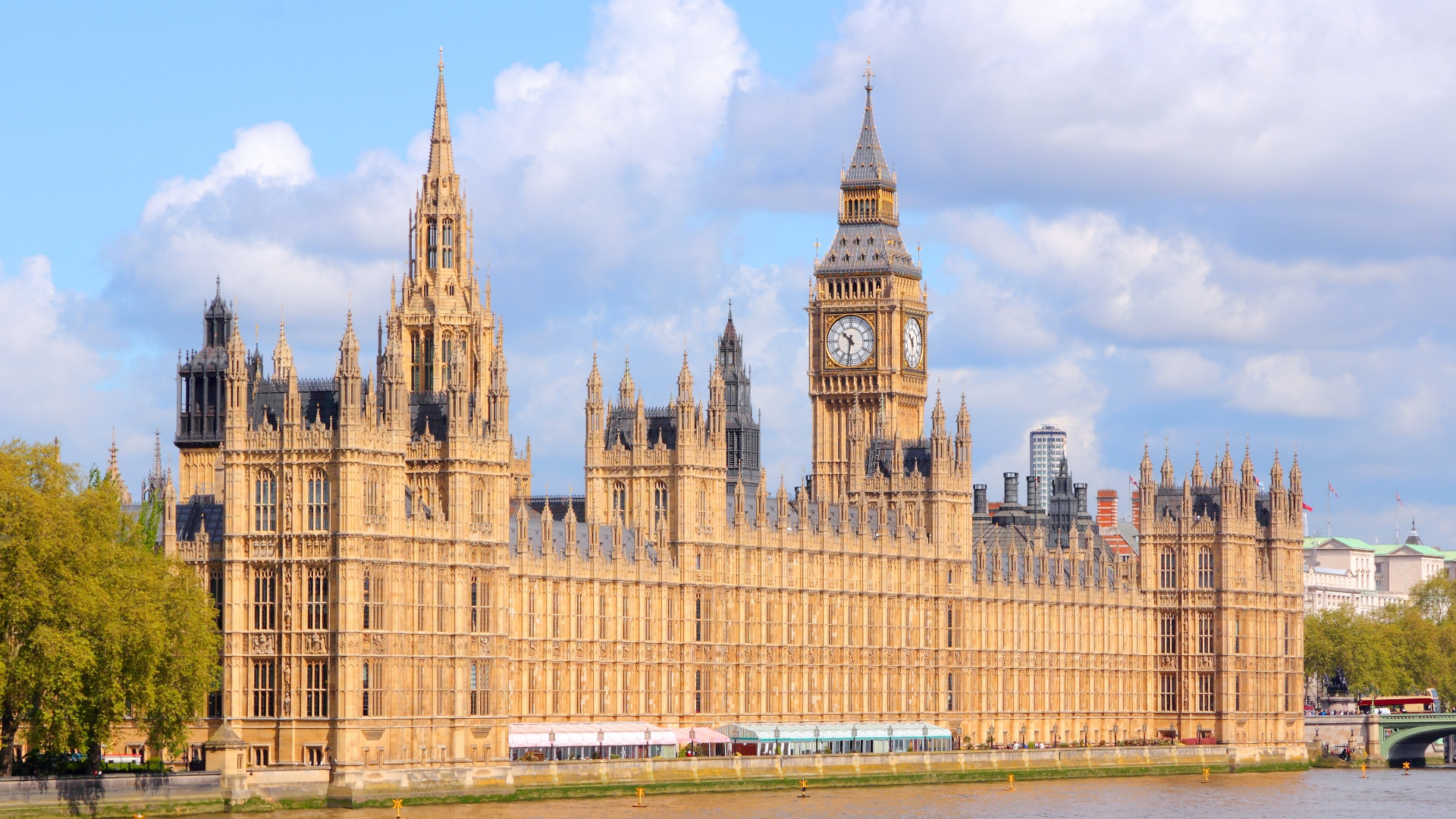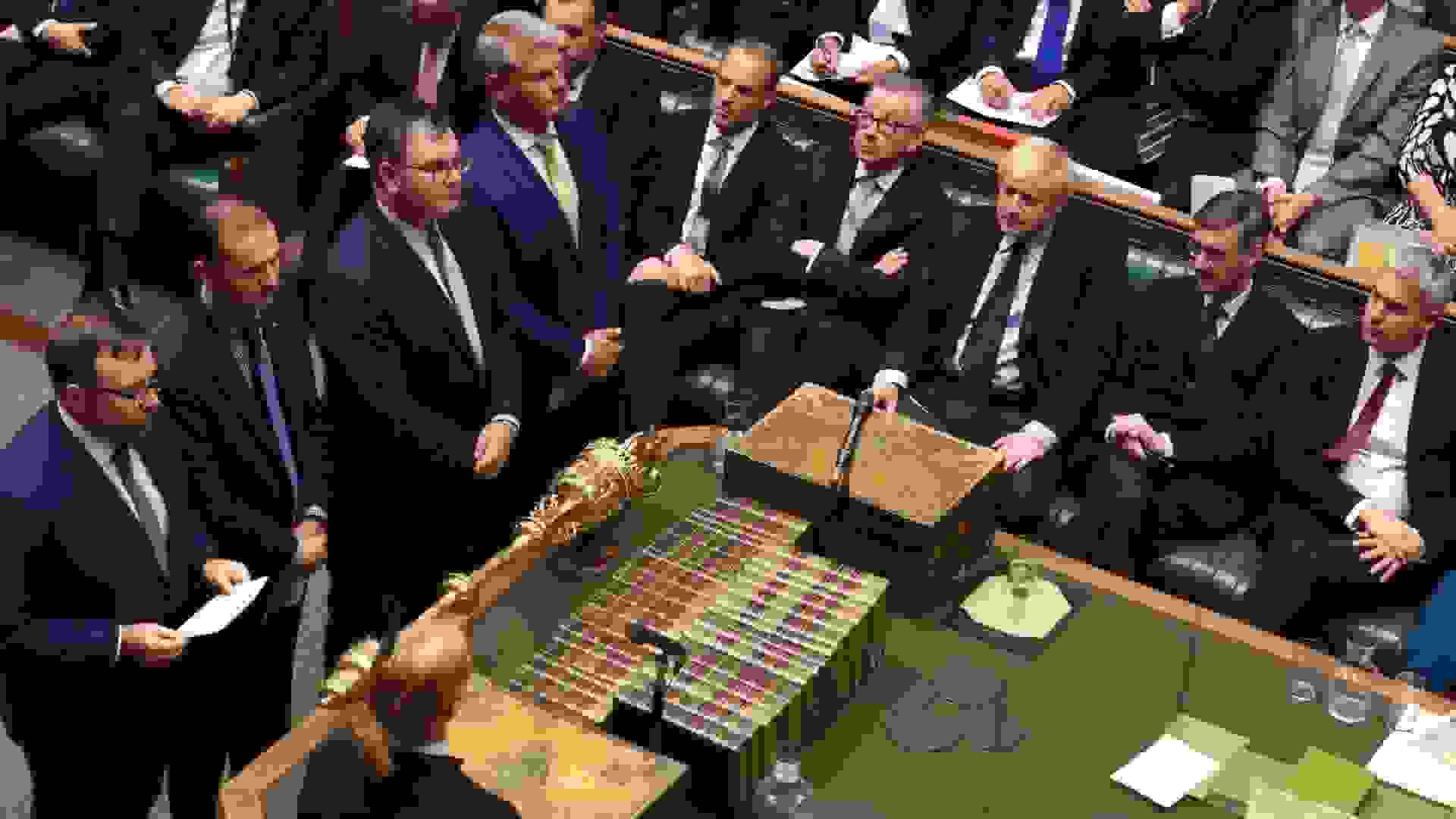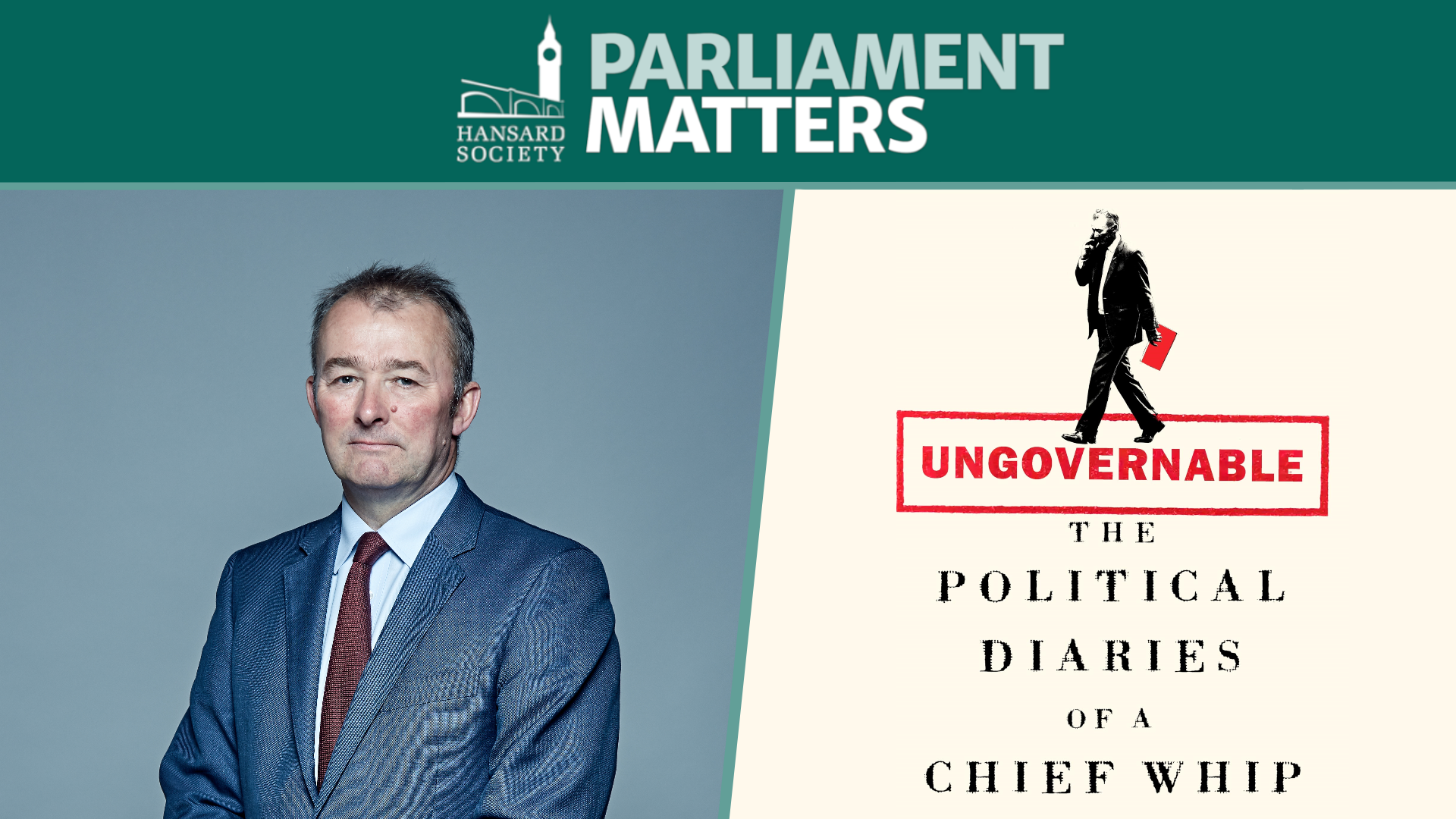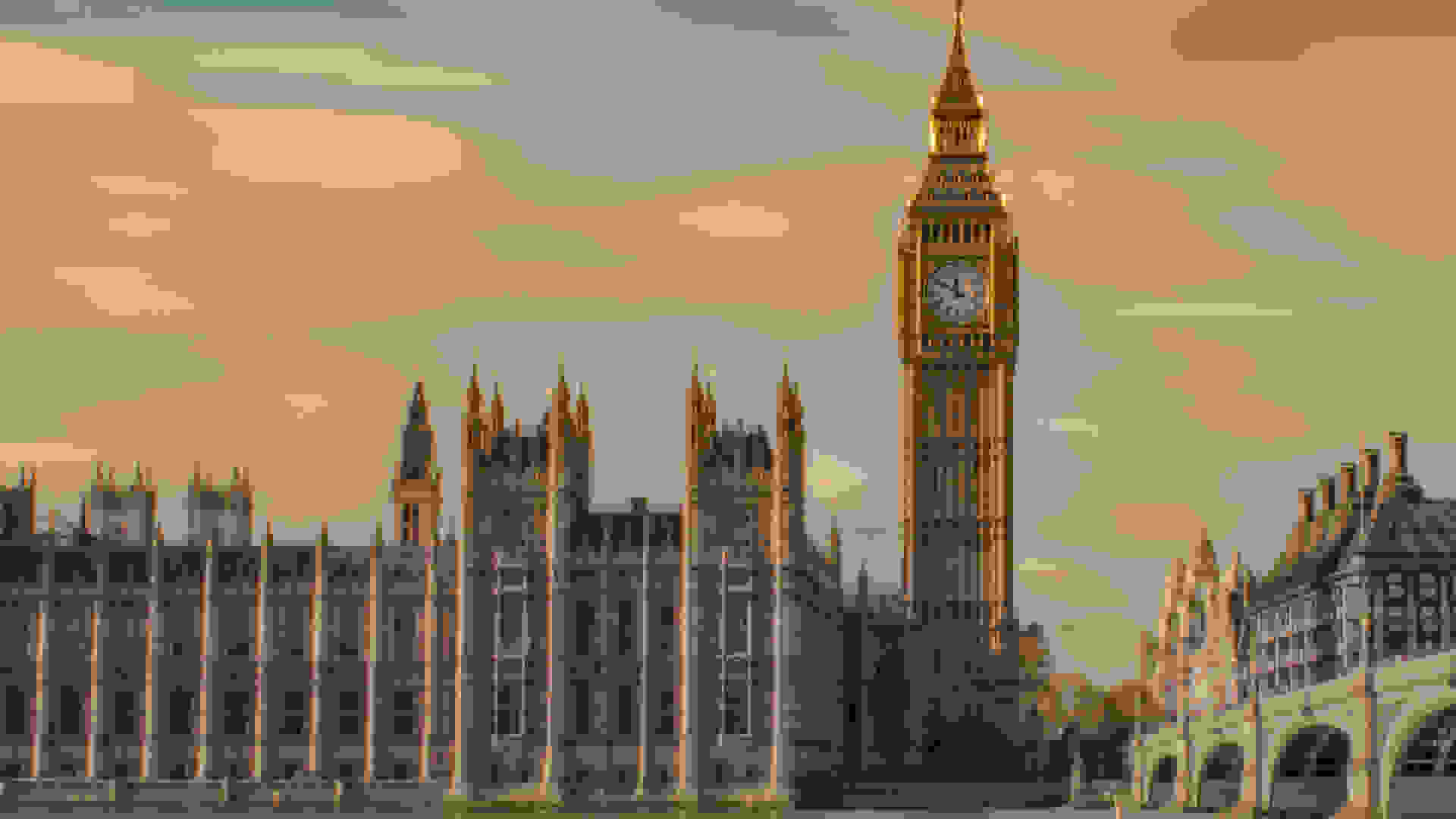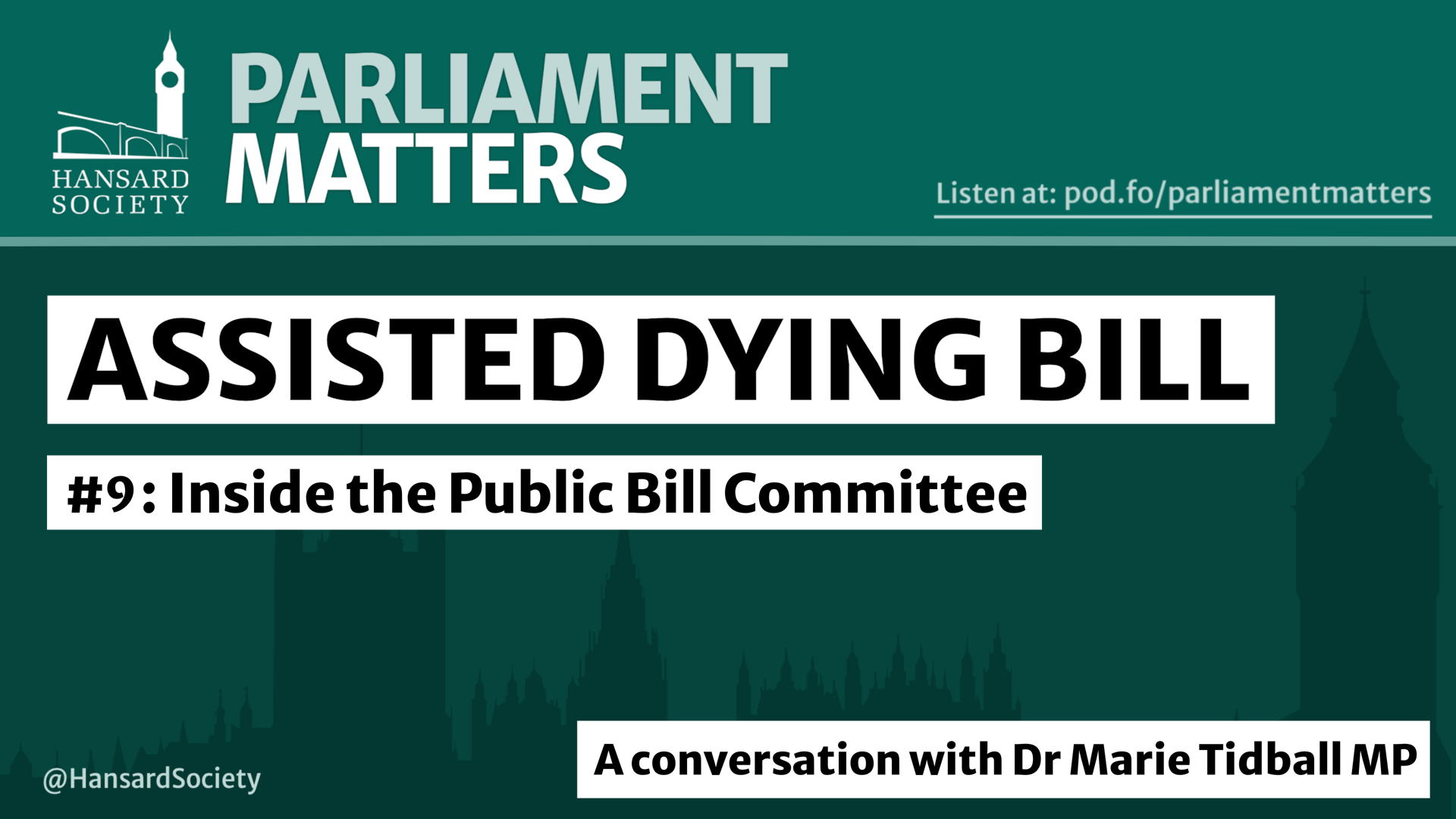Guides / How do MPs scrutinise the Budget?
The Financial Statement is usually followed by four days of debate on the Budget, each day's debate focusing on specific policy areas. The debate enables the House of Commons to consider the government’s proposals for charges, the role that these charges play in the context of the tax system as a whole, and whether the revenue raised is sufficient given the government’s expenditure plans.
